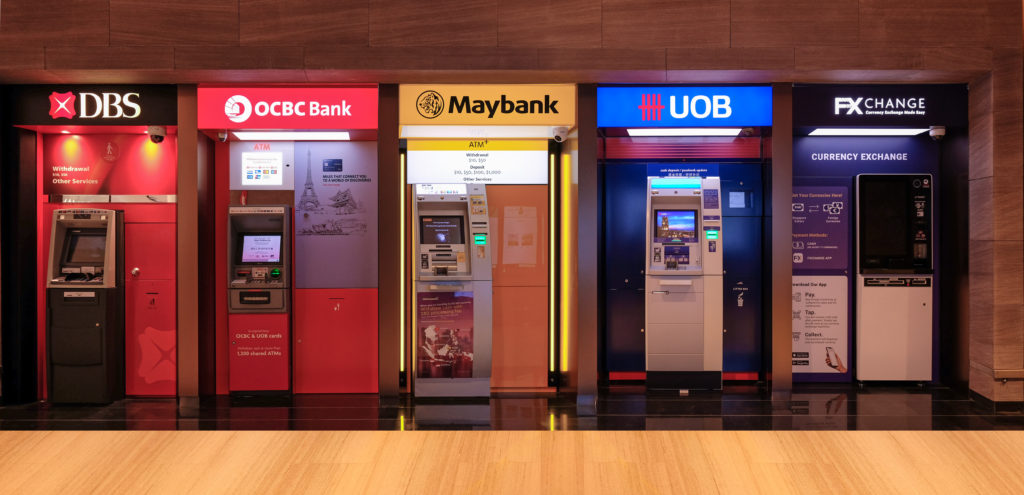Date: March 8, 2019
First published in The Business Times on 8 March 2019

Quick Read
- The collapse of Hyflux has raised questions about whether retail investors truly understood the risks of investing in the company’s perpetual securities and preference shares.
- Regulators should look at whether the mode of sale of Hyflux instruments through ATMs was suitable, and how CPF savings were allowed for purchase of these securities.
- In a regime governed by caveat emptor, investor education is key. More needs to be done to alert investors of the need to ask questions, buy only products that fit their individual risk profiles, and understand that high returns come with high risk.
The collapse of water treatment firm Hyflux Ltd has raised many important questions, not least of which is whether retail investors who ploughed millions into the company’s perpetual securities and preference shares truly understood the risks of what they were buying. Given our close and ongoing involvement in the affair in organising meetings between the company and the various stakeholders over the past nine months, it appears that the answer is no, they did not.
Many were blinded by the high returns on offer and failed to understand that such instruments are inherently riskier than usual, or that they rank below many other creditors in the event of a winding-up, with only ordinary shareholders lying below them in the claims hierarchy. Only now that liquidation could be an eventual outcome do they understand exactly what they have invested in – as always in cases like this, much too late.
Our sympathies lie with these individuals, all 34,000 of them, especially since it appears as if they have no recourse because this is a caveat emptor (buyer beware) world that we live in and they are expected to familiarise themselves with all risks before investing.
The PUB default notice served on Hyflux’s Tuaspring makes it imperative for all Hyflux investors to vote in favour of the restructuring to avoid liquidation. Without the current restructuring plan, the company will be insolvent and without cash injection it cannot ensure its operations. Unless and until there is another white knight, the current one will walk away if the terms of the deal is altered. Their hope of getting some value still lies with the restructuring plan.
However, you would have to ask: how were they sold the risky instruments in Hyflux?
We ask this because 10 years ago when it became clear that banks and stockbrokers had mis-sold structured products like Lehman Brothers’ Minibonds to an unsuspecting public, the Association of Banks vowed to ensure its members put into place measures to protect consumers who buy investment products.
Many of those measures were taken from a consultation paper published by the Monetary Authority of Singapore on 12 March 2009 on the sale of unlisted investment products that included measures to improve disclosure or material information and fair dealing in the sale and advisory process. Although that paper and the subsequent measures pertain to unlisted instruments, it is indisputable that the same considerations must also apply equally to listed products as well.
Recall also that The Business Times in its editorial of 9 July 2009 titled “After negligence, time to rebuild trust”, said “The details of the lapses and what can plainly be described as professional negligence in each of the financial institutions indicted make for some pretty appalling reading. The uncovering of shoddy service in Singapore organisations – in the much-vaunted and well-regulated financial sector no less – comes as a shock”.
The editorial concluded by saying that if Singapore was to preserve its high rankings in country competitiveness, financial institutions had to raise their game while regulators had to keep pace with financial innovations and not rely too much on “self-regulation” by the financial industry which had clearly failed to do so.

SIAS believes that regulators should look at whether the mode of sale of Hyflux instruments through ATMs was suitable in this instance. Perpetual securities are hybrids that combine features of equity and debt, and in some cases issuers are allowed to defer coupon payments perpetually.
Furthermore, how was it that CPF savings were allowed for purchase of these securities?
By the same token, it is equally important to recognise that in a regime governed by caveat emptor, investor education is key. SIAS was heavily involved in helping small investors during the Lehman crisis and in a commentary published in BT in the aftermath, we wrote that:
“Financial products will continue to get more sophisticated and regulations will take time to discover loopholes. However, we cannot encourage over-regulation as that would restrict innovation in financial products and may even discourage good foreign banks from setting up business in Singapore….What should investors learn from this experience and what should they do from now on?”
“My advice is simple: they should start becoming more sophisticated, educated and well-informed. They must also start improving their investing habits”.
(“Knowledge, not regulation is key to investing success” BT 27 May 2009).
SIAS started financial literacy initiatives in the year 2000 and continues to conduct seminars and classes today – in 2018 alone, 154 such programmes were held, or an average of three per week. Although thousands have benefited since then, it appears that more needs to be done to a) alert investors of the need to ask as many questions as possible before parting with their money; b) teach investors to buy only products which fit their individual risk profiles and personal circumstances; c) inform investors that high returns always come with high risk.
While on one hand, companies must be able to raise capital as and when they need, all other players also need to play their part. Product manufacturers have to perform sufficient due diligence to protect the end user, especially when offering difficult or sophisticated products to the man on the street.
- The writer is David Gerald, Founder, President and CEO of the Securities Investors Association (Singapore)





